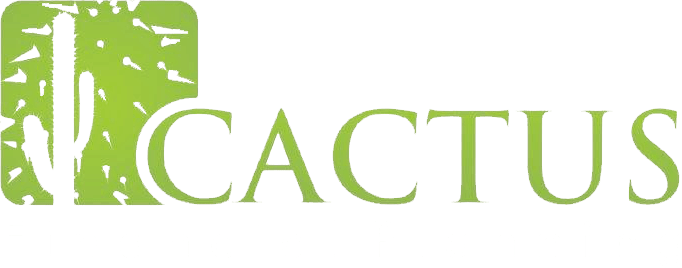
With university fees, rising house prices and other financial pressures, young adults can struggle to achieve financial security and tick off milestones. If you’ve got children or grandchildren, you may be considering starting a nest egg to help them along the way. It’s a decision that could make their transition into adulthood smoother.
Whether you’re used to taking control of your finances or not, saving for a child can seem like a huge decision; it could affect their long-term financial security and the decisions they make as they enter adulthood. Thinking about these five questions, to begin with, can help you set out a savings plan that matches your goals and select a product that’s right for you.
1. Will it be a lump sum or regular contributions?
How often will you be adding to the nest egg over the years? If you plan on depositing a single lump sum and leaving it to grow with interest or investment returns, you could benefit from a different product to someone who will be making regular contributions. Some savings accounts, for example, require you to deposit a minimum amount monthly to receive the best interest rate.
It also affects how hands-on you’ll want to be throughout the process, but with either option, you should aim to check on the savings at least once a year.
2. How long will you be saving the money for?
The timeframe between now and when you plan to gift the money is important. Firstly, it means you can calculate the likely sum at the end and set realistic expectations. Secondly, it’s an important factor when deciding between cash accounts and investments.
Historically, investments have outperformed savings over the long term, but this does come with volatility. If you’ll be saving for at least the next five years, investing is an option to consider. The longer the timeframe, the more opportunity the investments have to recover from dips in the market and generate higher returns to give the nest egg a boost.
3. Are you willing to take a level of risk with the savings?
Again, this links back to the common dilemma; should you use a cash account or invest?
Money held in a cash account will be protected up to £85,000 under the Financial Services Compensation Scheme. However, with interest rates low, its potential for growth is limited. Investments have the potential to deliver higher returns, but do have varying levels of risk; is this something you’d feel comfortable with?
It’s important to note that there are a variety of investment options when saving for a child. You don’t necessarily have to choose a high-risk portfolio to generate returns that will beat inflation.
4. What’s the likelihood of you wanting to access it early?
Some child saving accounts will allow you to make withdrawals, others will do so with a penalty, and others are locked away until the child comes of age. As a result, considering whether you’ll want to dip into savings, for example, to fund school trips or tuition fees, is an important factor when you’re selecting the right product for your circumstances.
If there’s a chance you will want to use the savings at different points, one option is to use several different products to give you more flexibility.
5. Do you want the child to have control of the nest egg at 18?
This can be a difficult question to judge, especially if the child is still young. Receiving a nest egg as a teenager can certainly lead to the temptation to spend it, but they will be an adult and you may want to give them the freedom and responsibility to control the gift themselves.
If you have very set ideas about how you want the money to be spent, an option that allows you to retain control may be favourable.
Three saving options to consider
Whatever your answers to the above questions, there are options available when you want to save for a child’s future, these three among them:
1. Children’s savings account: There is a huge range of child saving accounts that you can open. They’re often a good way to build up a flexible nest egg, including some that will allow you to make withdrawals, though this often comes at the cost of more competitive interest rates. There are also regular saving accounts to encourage you to make monthly deposits towards your goal.
2. Junior Individual Savings Account (JISA): A JISA can be opened for a child, with money only accessible to them once they turn 18. Up to £4,260 can be added each year and like their adult counterparts, a JISA provides a tax-efficient way to save. With a JISA you can choose either a Cash or Stocks and Shares account, allowing you to invest relatively easily if you choose.
3. Child pensions: If you’re looking far into your child’s future financial security, a child pension could be a solution. You can start saving for their retirement as soon as they’re born and deposits will benefit from valuable tax relief. However, as the money won’t be accessible until the child is 55, under current legislation, it’s a step that’s unlikely to help with many young adult milestones. It can, however, provide them with security in their later years.
If you’re saving for a child’s future and want advice on your options, considering your personal circumstances, please get in touch. We’ll help you understand how your contributions could add up to support them in the future.
Please note: The value of your investment can go down as well as up and you may not get back the full amount you invested. Past performance is not a reliable indicator of future performance.
The Financial Conduct Authority (FCA) does not regulate deposit accounts.
